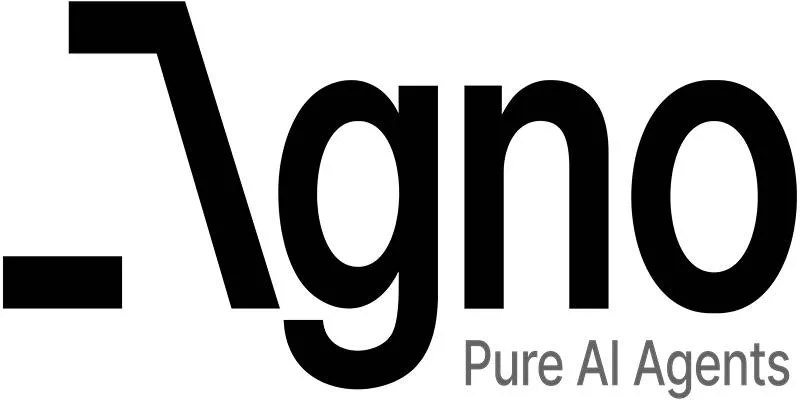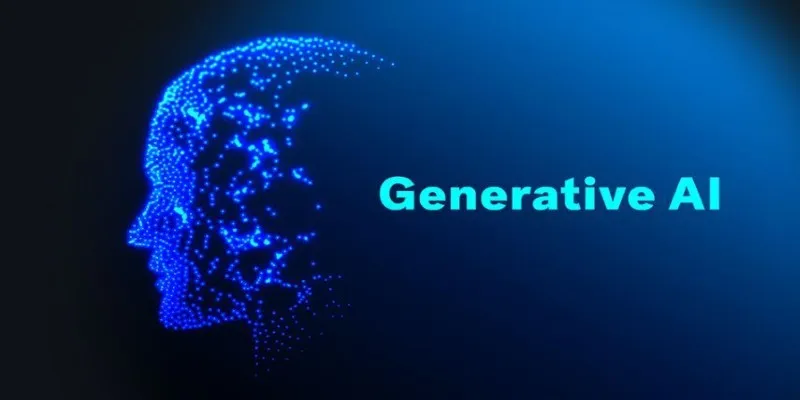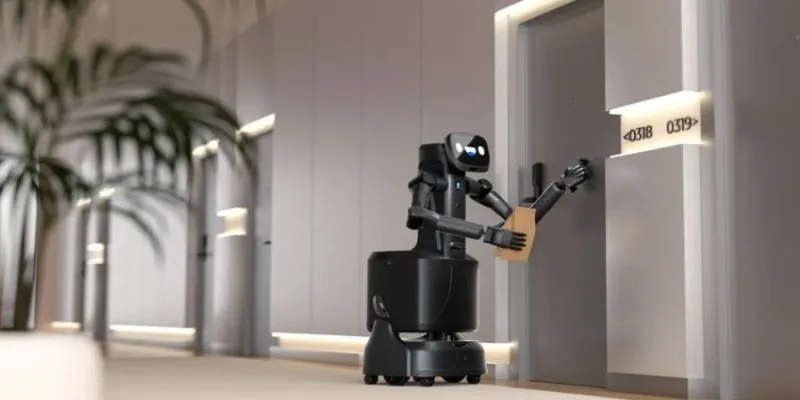The AI market is bustling with companies striving to develop smarter and faster models. Major players like O3, Gemini, and Sonnet often dominate the headlines with their promises of unmatched performance. However, real breakthroughs frequently come from surprising places. A small agentic AI startup has quietly outperformed these giants, demonstrating that focused ideas can succeed without the need for massive budgets or extensive infrastructure.

Innovative Approach and Practical Design
Agentic AI focuses on systems that can reason and act similarly to humans, making thoughtful decisions rather than just following patterns. This startup stands out by applying this concept in a refreshingly practical way. While competitors like O3, Gemini, and Sonnet concentrate on large, centralized models, this startup takes a different path by building a collection of smaller, specialized agents. These agents collaborate naturally, akin to a team of experts, each handling their specific tasks efficiently.
These modular agents are designed for particular jobs, keeping them sharp and efficient. Instead of creating a single large model with unnecessary functions, each module excels in its specific area, reducing resource demands. This modular design ensures the system is adaptable and easily improved over time. In contrast, larger models often waste energy trying to be all-encompassing, whereas this startup’s solution is more deliberate and focused.
Superior Accuracy in Real-World Applications
While many large models excel in benchmarks, they often falter in real-world interactions. Users report inconsistencies in answers, poor contextual memory, and difficulty with nuanced reasoning in mainstream systems like O3, Gemini, and Sonnet.
The agentic AI startup addresses these challenges by training its system in interactive, simulated environments rather than relying solely on static data. This exposure helps the agents develop better context awareness and step-by-step reasoning. For instance, in customer service applications, the system can reference earlier parts of a conversation, providing more natural responses — a feat larger models struggle to achieve.
The system’s accuracy is further enhanced by its modular design. Independent agents allow for individual error corrections without disrupting the entire system. This flexibility enables easy fine-tuning of specific capabilities. Testing reveals that its models outperform competitors in comprehension and reasoning benchmarks while using fewer computational resources. In practical use, this translates to more reliable and relevant outputs, appreciated by customers.
Cost-Effective Deployment and Maintenance
High performance in AI often comes with significant costs, particularly for hardware and energy consumption. O3, Gemini, and Sonnet require expensive hardware and vast energy supplies, making advanced AI out of reach for many organizations, especially smaller ones.

The agentic AI startup dramatically reduces these costs. Its smaller, modular agents operate on standard hardware without needing premium GPUs. By offloading some tasks to end-user devices, cloud expenses remain manageable. This makes high-quality AI deployment feasible for organizations with modest budgets.
Maintenance is another area where the startup excels. With its modular setup, individual agents can be updated or replaced without retraining the entire system, minimizing downtime and disruption. In contrast, larger models often require full retraining for minor improvements, leading to higher maintenance costs.
A Paradigm Shift in the AI Industry
The rise of this agentic AI startup is a reminder that progress doesn’t always require extensive resources. By building smarter rather than bigger, the startup has outperformed much larger competitors. This indicates potential for a shift in the AI industry towards more adaptable systems.
The success of this modular, efficient approach suggests that smaller systems could become the norm. This opens doors for businesses, schools, and smaller organizations to access affordable and reliable AI tools. Focusing on real-world applications rather than just benchmark scores, this startup shows how efficient, adaptable systems that deliver accurate outputs are more likely to succeed.
Conclusion
A small agentic AI startup has achieved what larger competitors could not — outshining O3, Gemini, and Sonnet in both accuracy and cost. By creating a modular, lightweight, and context-aware system, it demonstrates that careful design and targeted innovation can surpass the benefits of sheer scale. Its hybrid strategy, cleaner data, and focus on autonomy make it more adaptable and efficient than dominant models. This milestone suggests that the future of AI may be shaped by those who prioritize usability, affordability, and reliability. As the field evolves, this startup’s success could inspire others to follow a similar path, redefining what truly intelligent AI can be.
 zfn9
zfn9























